Insufficient Glandular Tissue and Breastfeeding
We are pleased to bring a guest post to you today from Mellanie Sheppard, IBCLC. Mellanie is an experienced Internationally Board Certified Lactation Consultant who stars in our breastfeeding DVD, “Breastfeeding: the Ultimate MRE.†Mellanie is a wealth of knowledge and we are so excited to have her write about the topic of Insufficient Glandular Tissue and Breastfeeding (IGT), today.
We love your questions and comments! Please leave after the post.
~
The 3%
We hear it all the time: “97% of women are fully capable of producing enough milk to breastfeed“. So who are the 3%? Do they really exist? If you follow any of the breastfeeding support boards online, you see a definite attitude of disbelief anytime a woman says she cannot make enough milk. The conversation usually goes something like this:
NewMom: I am so sad that I have to supplement. I really wanted to exclusively breastfeed. Does anyone know how to get donor milk?
LactivistMom: Don’t supplement! You will never make enough if you start supplementing. Only 3% of women can’t breastfeed. You just need to take a nursing vacation. Take baby to bed with you and nurse around the clock. Try some fenugreek too. That worked great for me.
NewMom: My baby nurses constantly and is still not gaining weight. We have tried fenugreek and it didn’t work.
Every1CanBF: Have you tried More Milk Plus? You should be pumping too. Pump after every feeding and you will have rivers of milk in a few days. Everyone can make enough milk. You just have to work for it.
NewMom: I have been pumping after every feeding for 3 weeks now and I only get drops of milk. My lactation consultant says I might have IGT. Does anyone know anything about this? Where can I get donor milk? It feel so sad every time I have to give my baby formula.
And on and on the conversation goes, with more moms chiming in to tell NewMom that 97% of women can breastfeed and giving her list after list of things to do, all while never answering her original question. Eventually, NewMom moves on, feeling alone, guilty and defeated.
Insufficient Glandular Tissue is REAL
As breastfeeding supporters, we need to understand that the small percentage of women who cannot produce enough milk is real. One of the least understood causes of low – or sometimes no – milk production is breast hypoplasia, also known as insufficient glandular tissue (IGT).
What is IGT?
If we liken the lactating breast to a factory, then we could say that, for women with IGT, the workers went on strike before the factory was completely built. This makes it difficult for the factory to bring production up to 100%. She might produce 80% of the milk her baby needs or just 10%. For some, production won’t ever get off the ground.
What causes IGT?
There are many speculations about the root cause (pesticide exposure during childhood, hormonal imbalance, injury to developing breasts, etc.) Over the years, there is one common thread I have seen with almost every mom with IGT that I have seen – irregular menstrual cycles, especially during the teen years. This makes sense if we know that glandular tissue (the tissue that makes milk) develops with each menstrual cycle and even more develops during pregnancy.
So what happens when a young woman only has 3-4 menstrual cycles per year? She gets much less glandular tissue development and may struggle with milk production when she has children. In some women, they report that their breasts were very different from the start – they may be very small or they may be large but look “empty”, or maybe one is large and one is small. They may droop excessively or the areolae may be exceptionally large compared to breast size. These are common markers for IGT but do not guarantee that there will be a problem. This site has a great synopsis of what happens in the breast during puberty and pregnancy.
What can you do if you suspect you have IGT?
The first thing to do is visit with a knowledgeable lactation consultant (IBCLC). You need someone who is familiar with IGT and knows how to assess for it. If you are pregnant, the lactation consultant can help you with developing a plan so that you know how to recognize whether or not baby is getting enough milk at the breast, how to know if supplementation is necessary, can discuss methods of supplementation if needed (bottle, supplemental nursing system, cup, syringe, etc.), help with deciding on donor breastmilk or formula, and discuss strategies for maximizing milk production.
Being prepared is a big part of the battle. If you have already had your baby and are struggling with milk production, working with a lactation consultant can help you by deciding on herbs or medications to increase milk production, teaching you how to supplement in a way that supports breastfeeding, rather than undermining it, helping you with dietary changes that may improve hormonal issues, etc. If you suspect IGT it is important to know that, even though you may not be able to supply 100% of your babies breastmilk needs, you can still have a breastfeeding relationship. The physical act of nursing and the bond created are just as important as the milk. Breastfeeding is not all or nothing.
Is there support out there for women with low milk supply due to IGT or other issues?
Yes! Some of my favorite sources of support are:
Diary of a Lactation Failure
IGT and Low Milk Supply Support on Facebook
Mothers Overcoming Breastfeeding Issues (MOBI)
You can support a mom with low milk supply with a little compassion and understanding. She is probably working harder than you know and may appreciate just having her struggle acknowledged. She may be grieving the loss of the breastfeeding experience she thought she would have and need to know that someone understands her loss. Show her love and answer her questions without judgement. And most of all, don’t make jokes about your oversupply unless you mean to donate milk – in that case, be generous!
For more information on IGT, these resources are excellent:
http://noteveryonecanbreastfeed.com/
http://kellymom.com/bf/got-milk/supply-worries/insufficient-glandular-tissue/
Mellanie Sheppard, IBCLC is a lactation consultant in private practice with more than 12 years experience working with breastfeeding families. She is an avid proponent of educating expectant families on Mother-Friendly Childbirth and a co-founder and leader of the Tarrant County Birth Network. A leader in her field, Mellanie frequently presents at conferences and events on topics including breastfeeding the special needs infant, the effects of induction of labor on breastfeeding, and how birth and breastfeeding are inter-connected.
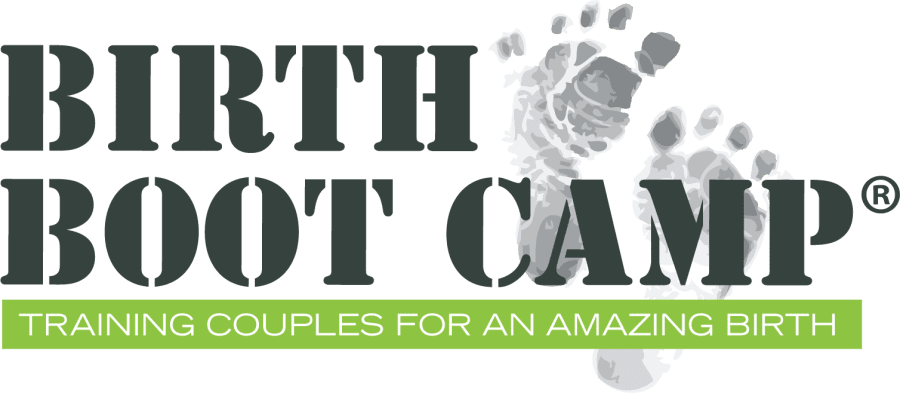

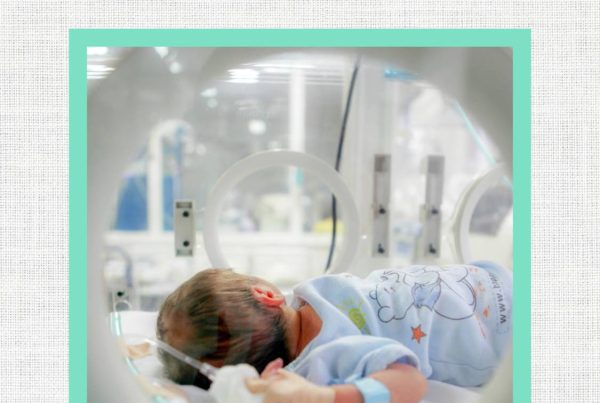

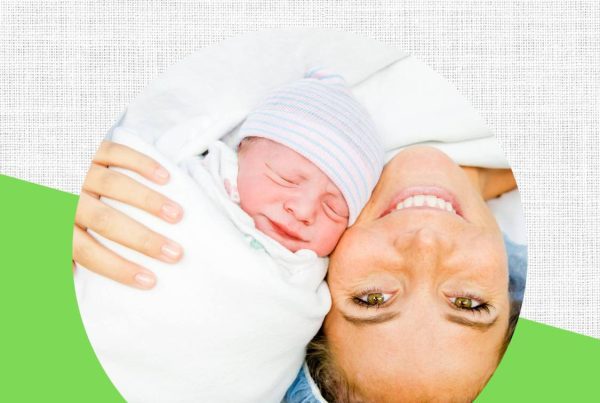
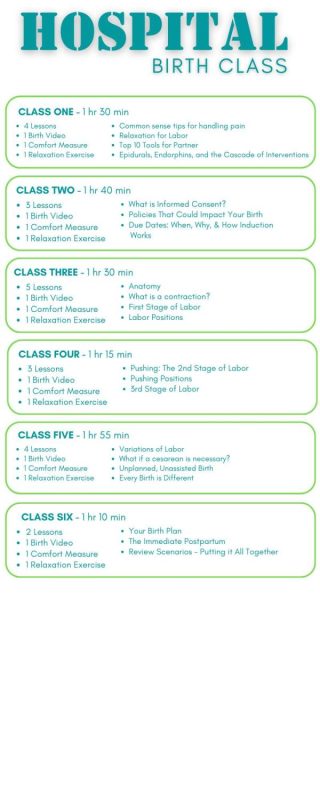
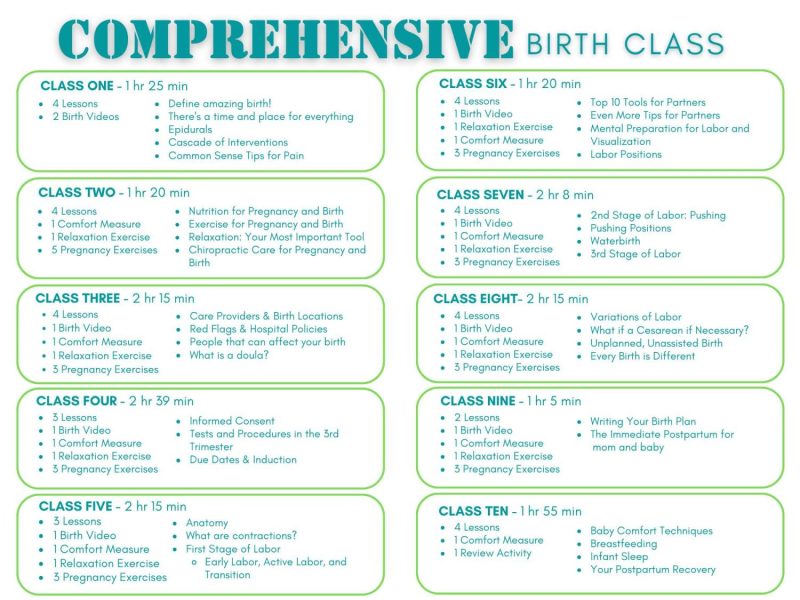


Mellanie is the best.
Thank you so much for acknowledging that IGT exists. It’s an uphill battle with the other 97%. Thank you, thank you, thank you.
Thank you for this!!!
Hats off to whevoer wrote this up and posted it.
thank you!!! NICU NP and man what a battle it has been to explain why my babies didn’t get exclusively breastmilk
A thousand times YES! I am all over this article. Every characteristic from the irregular periods to the description of the irregular breast shape fits me to a T! I am able to supply about 60% of my baby’s nutrition with my breast milk and I supplemt the rest and while I have come to accept this and am happy to be able to give him anything at all but to hear someone put it in these terms “she may be working harder than you know… She may be grieving the loss of the breastfeeding experience she thought she would have…” SUCH A PERFECT DESCRIPTION! Thank you for putting this out there for others to read and understand the struggle!
A great article! Thank you. There really is not enough information out there on IGT and how to support a mother who has it. As a midwife I was devastated when I could not exclusively BF my first baby. After 6 weeks of BF every 2-3 hours, no use of dummies/tears, topping up baby via an SNS or finger feed, pumping after every feed, eating lactation cookies, taking supplements, drinking tea (and beer!) I finally got a diagnosis of IGT . It was a relief to know that it was through no fault of my own that I could not exclusively BF. Interestingly though I had very regular periods, almost down to the day from the time they started. Sorry to blow your theory out of the water! I hope there continues to be more research done in the area and in the meantime I hope we can spread awareness so that fellow midwives are more informed and women with the condition feel well supported.
I am another grateful survivor of IGT! I had regular periods as a teen but have every other physical marker for IGT. Similar to the above poster, it felt like I did EVERYTHING to try to maximize my breast milk to no avail. After 8 months, 2 IBCLCs, my doctor, my midwife, and an endocrinologist, I had my diagnosis of exclusion. Loved all your resources! I highly recommend Diana Cassar-Uhl’s book, Finding Sufficiency. It is specifically about IGT and coping with it. And for those moms that are still trying to maximize their milk output despite IGT, the book Making More Milk was terrific. I’m so glad to be training as an instructor with an organization that is on top of important topics like this!
I think I may have igt but my periods have always been extremely regular and I got pregnant first try (so I don’t think I have luteal phase problems). I always had weird shaped breasts, massive areolae, small flattish nipples, drooping and pendulous. Despite always having big breasts. I wanted to blame the lack of milk on my son having a tongue tie but it didn’t improve after it was revised.
It makes me so sad.
After 4 kids, and nursing struggles with all of them, and a bazillion doctors that either shrug off my desire to nurse (formula’s no big deal, right? PBFT), or tell me the same old regimen that all mothers hear about how to improve production, I am now 100% sure through my own investigation online that I have IGT. I really don’t want to get into that right now though. What I want to know is if I should be concerned for my 9 year old daughter who has recently started developing. No period yet, acne, or body hair, but rose buds developing and moodiness for sure. I’m concerned that now would be the time for me to help her (if at all possible) to develop her breast tissue properly if this is a familial trait. Everyone in my family for generations formula fed before I had kids, so no one knows if this was passed down or an environmental factor while I was growing up. My mom fed me the usual gross American diet, growing up a child of the 80’s, so I wouldn’t be surprised if that played a large part. I am the same height and weight, same shoe size as I was in middle school. I can still wear those clothes as proof. Prior to about 13 years old though, I was usually the 75th or 80th percentile for height and weight to peers. For my daughter, would there be any way to know if this could be passed down to her besides talking to other family? Is there anything I can give her or do for her at this age that may keep that from happening to her? At 9 years old, I would really prefer to halt the early signs of puberty, rather than helping it along for her but I’d rather help keep her from this kind of depression and heart break, insufficient feelings than to try to stop puberty in it’s tracks if I had to choose one over the other. For reference, we eat as natural/organic as we possibly can on a VERY tight budget, don’t use any hygiene products with unnatural ingredients, no air freshners, no scented anything, no fabric softeners, no anything in our home that I think could be harmful to any of us. I had my first period at 12, as most of the other women in my family for generations, but I also started developing rose buds at about 10.